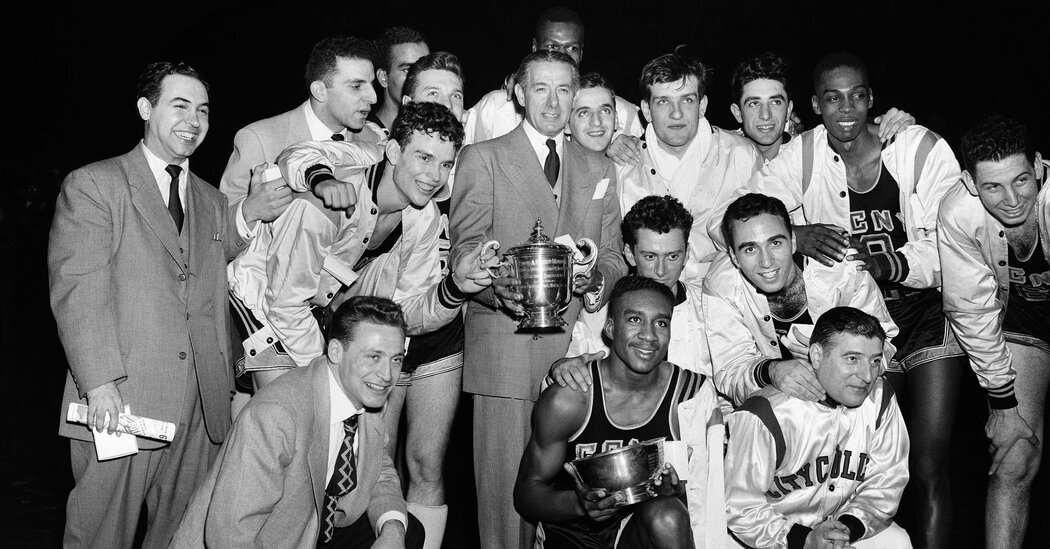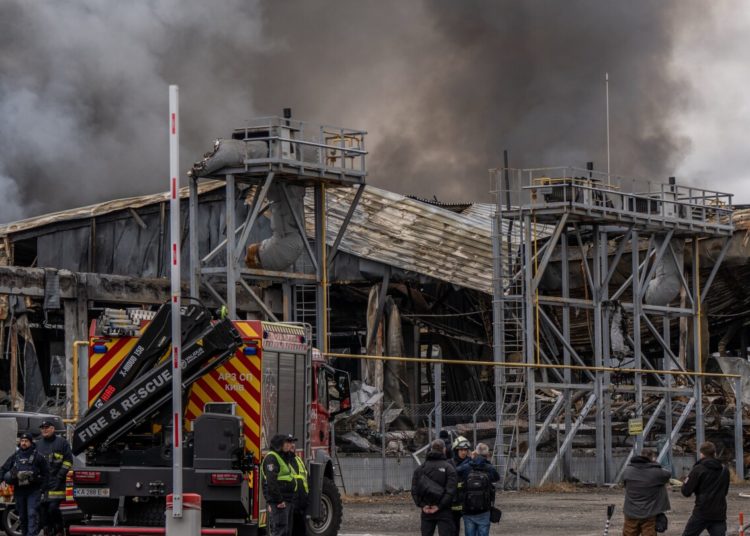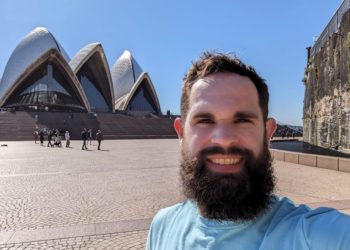New York is known as the heart of the basketball world, but it could also be called the capital of basketball betting scandals. Less than a decade after the first N.C.A.A. men’s basketball tournament, college players in the city were already shaving points.
“New York has always been at the center for that kind of activity,” said Edward McDonald, a former federal prosecutor who uncovered the Boston College point-shaving scandal in 1980. “New York is the mecca for organized crime, and that is where a lot of it starts.”
From the sobering point-shaving scheme at the City College of New York in the 1940s and ’50s to this week’s accusations that N.B.A. stars were involved in a new betting scandal, many of the most infamous cases were threaded through gyms, bookmaking shops or law enforcement offices in New York, and sometimes all three.
On Thursday, the F.B.I. announced that it had made over 30 arrests in two gambling schemes, including one that linked an N.B.A. Hall of Famer, Chauncey Billups, to rigged illegal poker games held in Manhattan and run by the Mafia. In the other, current and former players are accused of using inside information for fraudulent bets on N.B.A. games.
Even now, with the Mafia’s diminished power and the proliferation of legal online gambling, officials say organized crime is still active.
It’s all quite familiar to Mr. McDonald, who uncovered one of the most famous cases involving New York mobsters and college basketball 45 years ago. At the time, Mr. McDonald led the organized crime task force in the U.S. attorney’s office for the Eastern District of New York, the same office in Brooklyn that announced the new indictments on Thursday.
In 1980, Mr. McDonald was investigating the 1978 Lufthansa robbery at Kennedy Airport, depicted in the film “Goodfellas.” He had already compelled Henry Hill (played by Ray Liotta in the film) to testify against his Mafia associates and had put him into the witness protection program. Mr. Hill wanted his girlfriend at the time to go underground with him, and while Mr. McDonald was interviewing her, he became curious about why they had gone to Boston just days after the J.F.K. robbery.
“She didn’t know, so I called in Henry, who was in a different part of the office,” Mr. McDonald said in a telephone interview. “He said, ‘In them days, we was fixing college basketball games.’”
Small-time mobsters had invited Mr. Hill and his associate Jimmy Burke to join a point-shaving conspiracy, in which players secretly manipulate the final score for betting purposes. The mobsters needed Mafia muscle and expertise to make the caper work.
When Mr. Hill told Mr. McDonald about the plan, he said they had persuaded an All-American guard to shave points. Mr. McDonald instantly knew that it had to be Ernie Cobb at Boston College, where Mr. McDonald had played freshman basketball.
The point-shaving scandal was initially the only way Mr. McDonald (who played himself in “Goodfellas”) could get Mr. Burke in jail for a long sentence, “similar to getting Al Capone on taxes,” Mr. McDonald said. During Mr. Burke’s sentence, he was convicted of murder and died in custody in 1996.
Point-shaving cases in New York college basketball date at least as far back as one incident at Brooklyn College in 1945. But the first notable case was the City College of New York scandal.
The 1949-50 C.C.N.Y. team was made up of New Yorkers who became local heroes after winning both the N.C.A.A. tournament and the National Invitation Tournament. But within a year, police uncovered the scheme, run primarily through the Brooklyn bookmaker Harry Gross. The investigation expanded to include players at Long Island University, New York University, Manhattan College and other schools outside New York. It also snared Sol Levy, a referee who was convicted of fixing several games in the N.B.A. during the 1950-51 season.
Another tainted player, Jack Molinas, was a star at Columbia University. Mr. Molinas, who went to Stuyvesant High School, played in the N.B.A. but was barred for a betting scandal in 1954. His playing days were over, but not his fixing. Mr. Molinas was at the center of a vast conspiracy to pay players at multiple colleges to shave points. He was convicted in 1963 and labeled a “master fixer,” and paroled in 1968.
Around that time, Mr. McDonald was in high school in Brooklyn. One day at a playground in Manhattan Beach, he and a friend watched a pickup game. The friend pointed out a good player. It was Mr. Molinas, the former mobbed-up fixer, still playing basketball in New York.
David Waldstein is a Times reporter who writes about the New York region, with an emphasis on sports.
The post New York Is the Center of Basketball. And Basketball Betting Scandals. appeared first on New York Times.




